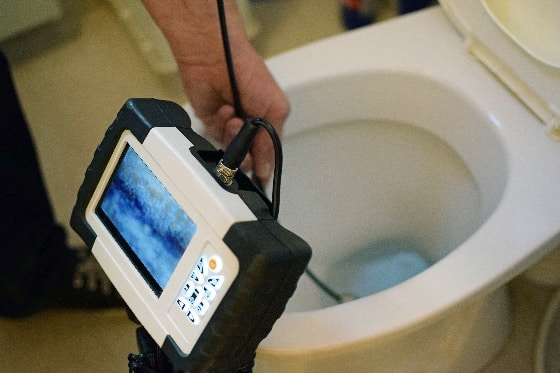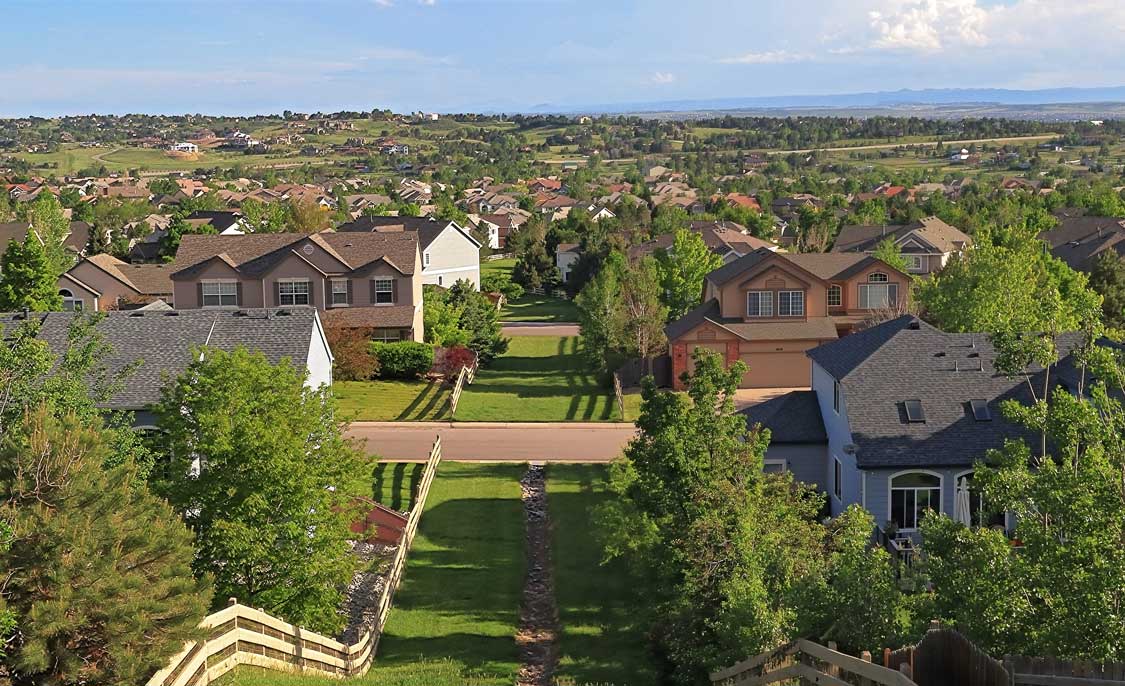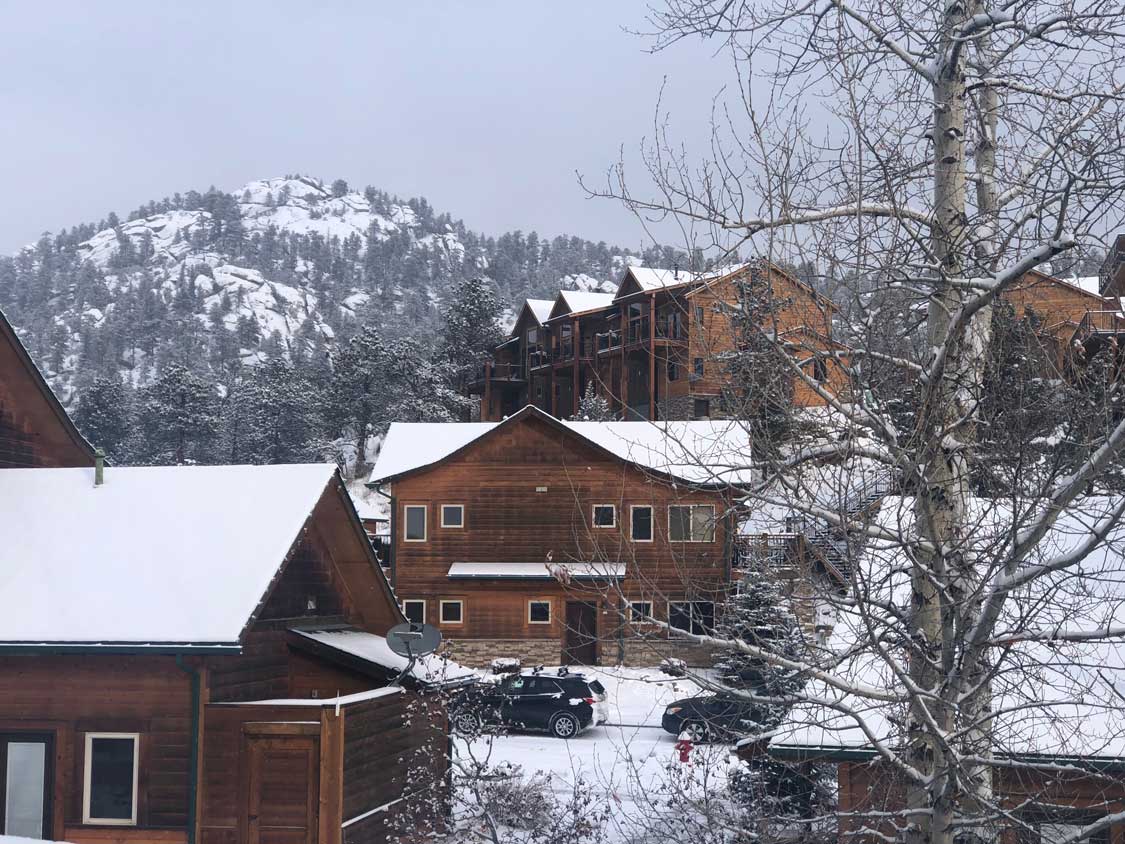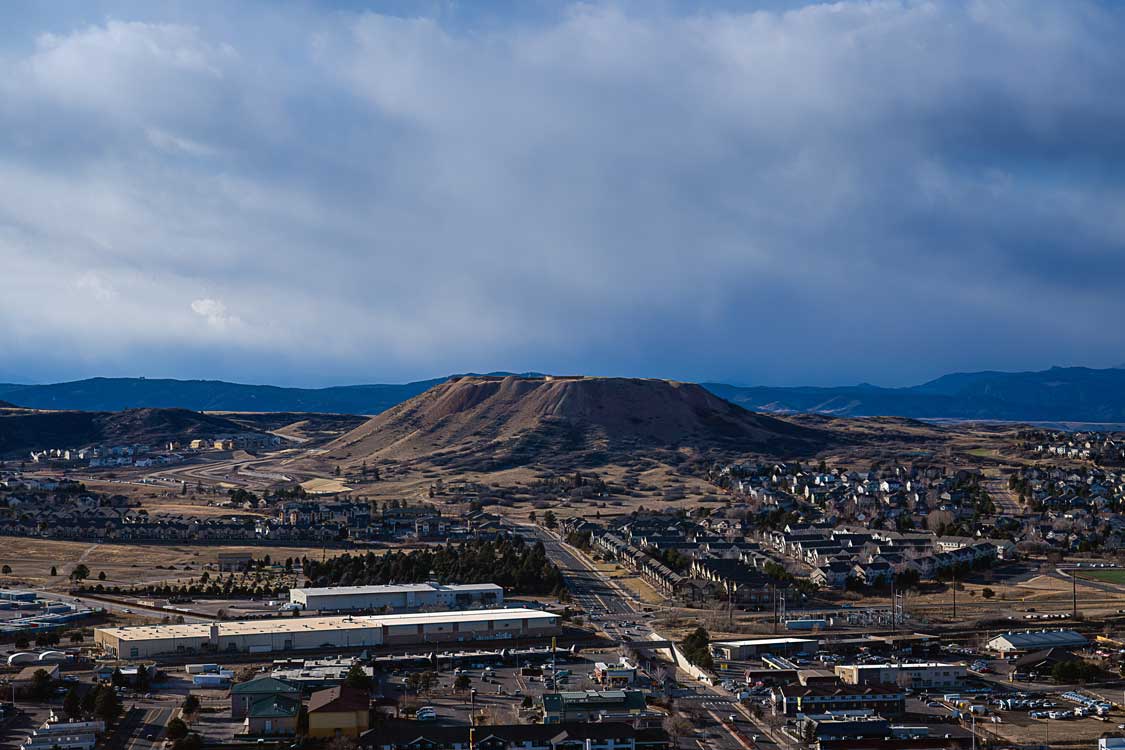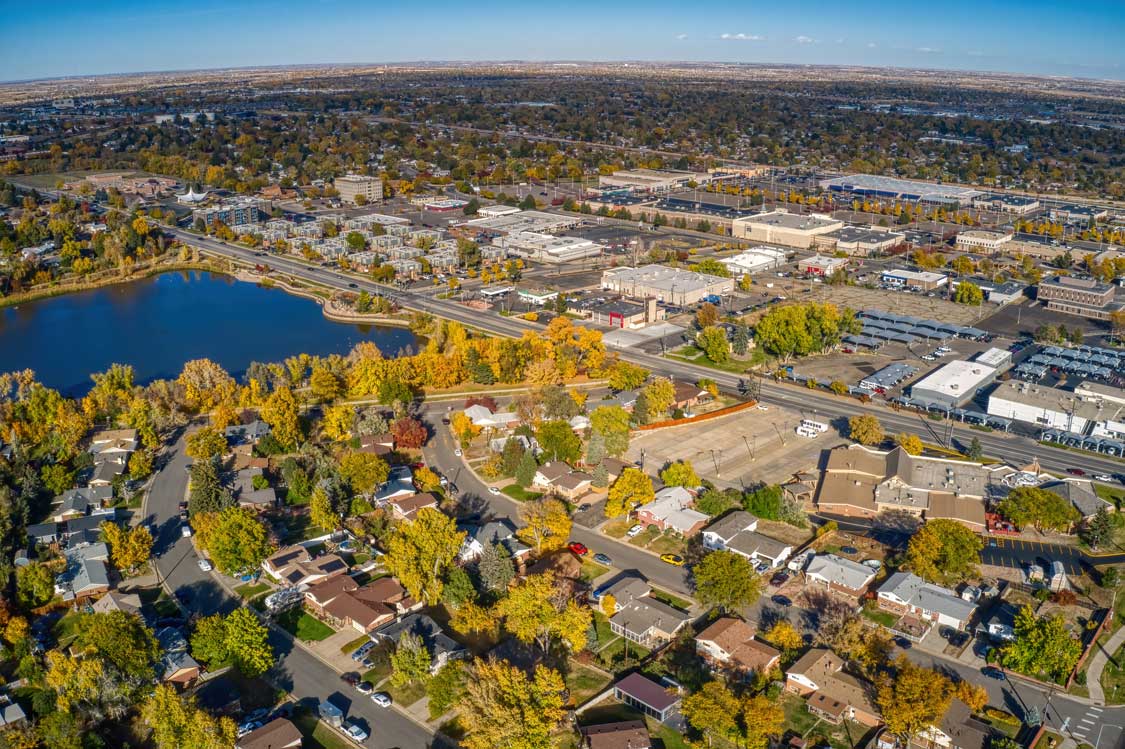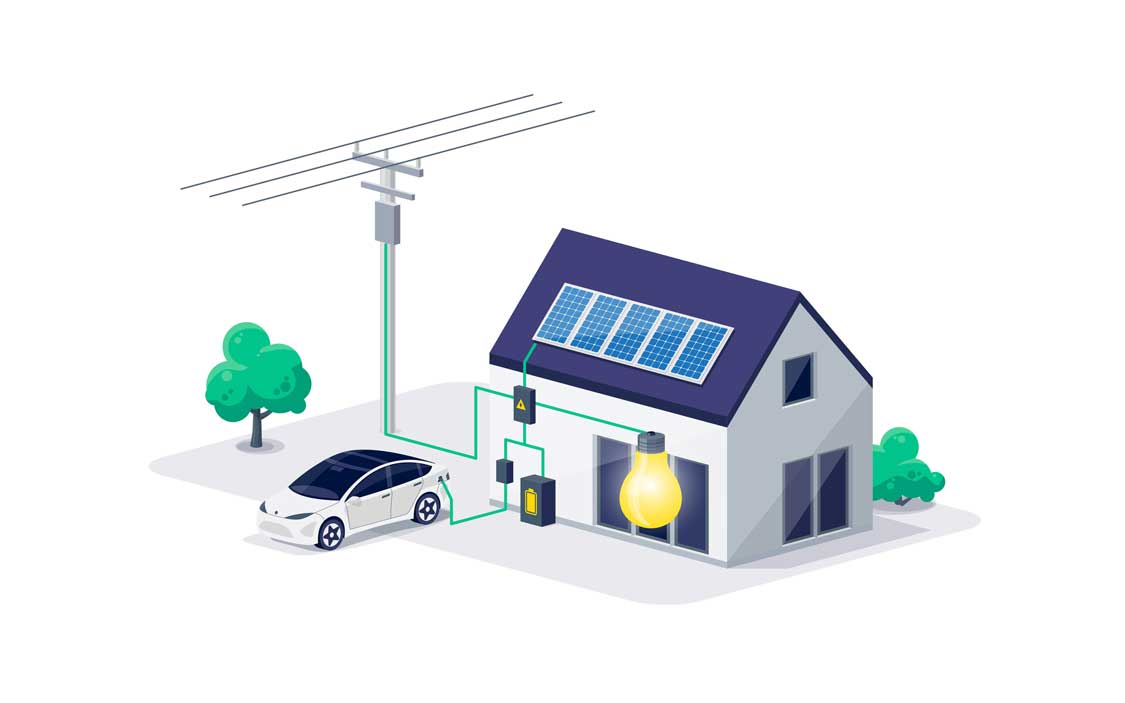Edited: July 16, 2025
If more than one drain in your house is slow—or water’s backing up when you flush—you probably need a main line cleanout.
We see it every day in Denver, Aurora, and across the metro area: a homeowner notices a small clog, ignores it, and then wakes up to a flooded basement or sewage in the shower. Sewer and drain problems don’t fix themselves—and they tend to get messier and more expensive the longer you wait.
At Done Plumbing, Heating, Cooling & Electric, we’ve cleared thousands of sewer lines since 1999, and if there’s one thing we’ve learned, it’s that most big backups start with small warning signs. The sooner you know what to look for—and who to call—the easier it is to stop a mess before it starts.
Why Denver Homes Are So Tough on Drains
We’ve been clearing drains in the Denver metro since ’99, and if you live here, you already know—we’ve got a unique mix of challenges under our feet. Between the clay-heavy soil, the freeze-thaw cycles, and decades of aging infrastructure, sewer lines around here take a beating.
In older neighborhoods like Park Hill, Capitol Hill, and Wash Park, we see a ton of tree root invasions, especially from mature maples and elms planted years ago. Further out—say, in places like Aurora or Highlands Ranch—we often find homes with plastic sewer lines that weren’t always installed with the right slope or depth. That can lead to grease buildup, standing water, or even sections that collapse over time.
And no matter where you are in the metro, we all deal with the same habits: Grease going down the kitchen sink. “Flushable” wipes causing blockages. Hair and soap scum choking up the drains.
Sometimes it’s just one of those things. Other times, it’s years of wear and tear finally catching up with you. But either way, if the main line’s clogged, nothing else in your home is going to drain right until it’s cleared.
How to Tell If It’s Time to Call Us
If more than one drain is acting up—or water’s backing up when it should be draining—it’s likely a main line issue. That’s when it’s time to bring in a professional.
Here’s what we typically see when a deeper blockage is starting to build:
-
Water backing up into tubs, showers, or the basement after flushing
-
Gurgling sounds coming from sinks or toilets
-
Sewage smells around floor drains or in lower-level bathrooms
-
Clogs that keep returning, even after plunging or snaking
These aren’t the kind of clogs a bottle of cleaner can fix. If you’re noticing more than one of these symptoms, don’t wait it out—let’s get ahead of it before it turns into a full-blown backup.
One Call… It’s Done!
When sewer or drain problems hit, we don’t waste time—and neither should you. At Done Plumbing, Heating, Cooling & Electric, we’ve been helping Denver-area homeowners stay ahead of main line backups since 1999.
If you’re seeing the signs, we’ll start with a video camera inspection to pinpoint exactly what’s going on inside your sewer line. From there, we’ll use hydrojetting to clear out years of grease, debris, and even tree roots with powerful, high-pressure water. If the line’s damaged, we’ll talk you through trenchless repair options that can restore your sewer line without tearing up your yard.
Whether it’s a routine cleaning or an emergency cleanout, our team is available 24/7—including nights or weekends. We show up fast, fix it right, and treat your home like it’s our own.
Don’t wait for a full backup to tell you it’s time. Call now for a sewer inspection and let’s get it Done.

